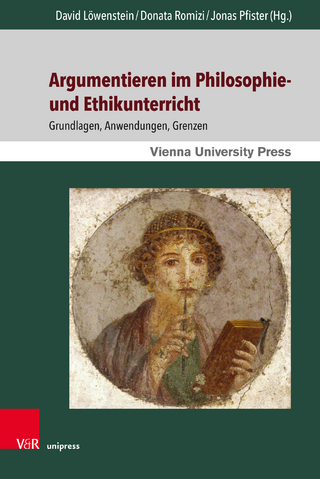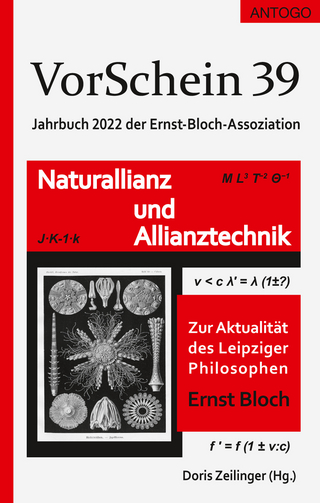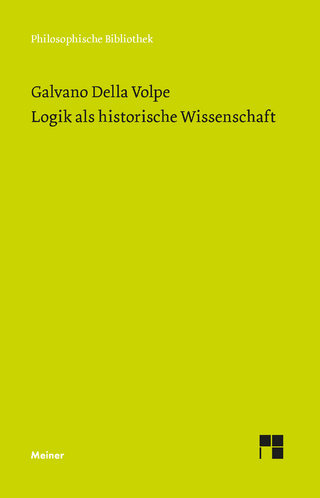This book stands at the intersection of two topics: the decidability and computational complexity of hybrid logics, and the deductive systems designed for them. Hybrid logics are here divided into two groups: standard hybrid logics involving nominals as expressions of a separate sort, and non-standard hybrid logics, which do not involve nominals but whose expressive power matches the expressive power of binder-free standard hybrid logics.The original results of this book are split into two parts. This division reflects the division of the book itself. The first type of results concern model-theoretic and complexity properties of hybrid logics. Since hybrid logics which we call standard are quite well investigated, the efforts focused on hybrid logics referred to as non-standard in this book. Non-standard hybrid logics are understood as modal logics with global counting operators (M(En)) whose expressive power matches the expressive power of binder-free standard hybrid logics. The relevant results comprise: 1. Establishing a sound and complete axiomatization for the modal logic K with global counting operators (MK(En)), which can be easily extended onto other frame classes, 2. Establishing tight complexity bounds, namely NExpTime-completeness for the modal logic with global counting operators defined over the classes of arbitrary, reflexive, symmetric, serial and transitive frames (MK(En)), MT(En)), MD(En)), MB(En)), MK4(En)) with numerical subscripts coded in binary. Establishing the exponential-size model property for this logic defined over the classes of Euclidean and equivalential frames (MK5(En)), MS5(En)).Results of the second type consist of designing concrete deductive (tableau and sequent) systems for standard and non-standard hybrid logics. More precisely, they include: 1. Devising a prefixed and an internalized tableau calculi which are sound, complete and terminating for a rich class of binder-free standard hybrid logics. An interesting feature of indicated calculi is the nonbranching character of the rule (¬D), 2. Devising a prefixed and an internalized tableau calculi which are sound, complete and terminating for non-standard hybrid logics. The internalization technique applied to a tableau calculus for the modal logic with global counting operators is novel in the literature, 3. Devising the first hybrid algorithm involving an inequality solver for modal logics with global counting operators. Transferring the arithmetical part of reasoning to an inequality solver turned out to be sufficient in ensuring termination.The book is directed to philosophers and logicians working with modal and hybrid logics, as well as to computer scientists interested in deductive systems and decision procedures for logics. Extensive fragments of the first part of the book can also serve as an introduction to hybrid logics for wider audience interested in logic.The content of the book is situated in the areas of formal logic and theoretical computer science with some elements of the theory of computational complexity.
Michal Zawidzki received the MA degree in political science in 2008, the MA degree in philosophy in 2009 and the BSc degree in mathematics in 2012 from the University of Lódz. His PhD thesis, defended in May 2013 at the University of Lodz, was devoted to hybrid logics, their computational complexity and decision procedures for them. From December 2011 to December 2013 he was a principal investigator in the project Deductive systems and decidability problem for hybrid logics funded by the National Science Centre of Poland. Currently he is a postdoctoral fellow in the project Logics for qualitative reasoning at the University of Warsaw (since October 2013) and an adjunct assistant professor at the University of Lódz (since February 2014) His current research interests are located in the fields of modal logics, hybrid logics, decidability and computational complexity of non-classical logics, tableau and sequent calculi, applications of logics in modeling human interactions.



